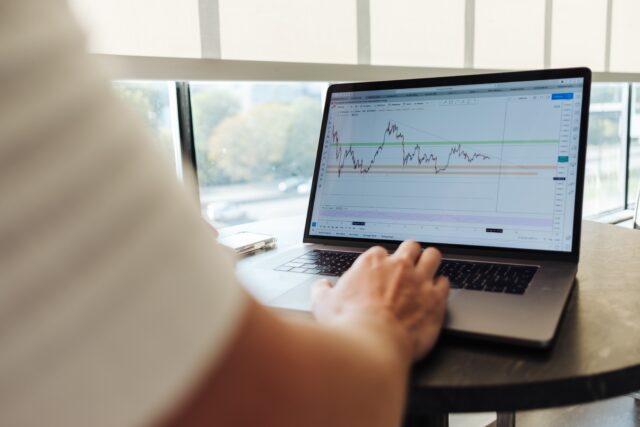
It’s exciting and overwhelming to organize your first trading day if you’re just getting started in the trading business. Remember that trading is not a surefire way to wealth, despite the fact that you may have heard stories of skilled traders generating a fortune. However, your chances of success can be improved via meticulous planning and an emphasis on tactics that are easy on the wallet. Five low-cost strategies for getting ready for your first day of trading are discussed here.
Educate Yourself
It’s important to learn as much as possible about trading methods and the financial markets before you put your money on the line. Thankfully, there are a plethora of no-cost or low-cost options for getting a foothold in the trading world. Technical analysis, fundamental analysis, risk management, and trading psychology are just some of the many topics covered in online courses, webinars, and other training materials. Learn about the various trading platforms available and the services they offer.
You should also learn about purchasing your crypto currencies using them for trading and how you can cash them out. Some exchange platforms have simplified BTC to USD or other currencies conversions depending on the coins you trade. Time spent studying will pay off by providing you with the expertise to make calculated business moves.
Create a Trading Plan
Having a trading plan that specifies your objectives, methods, level of risk tolerance, and when to enter and exit the market is like having a road map. The key to profitable trading is a well-thought-out trading strategy. It aids self-control, making it less likely that you’ll make hasty, costly choices.
Think about your financial situation realistically and make some concrete plans. Fix a maximum percentage of your trading account’s equity that you’re willing to lose on every given trade and stick to it. Even on a tight trading budget, you may reduce losses and increase gains with the help of a well-thought-out trading plan.
Start With a Demo Account
If you’re new to trading, several online brokers provide practice accounts. A demo account is a type of trading account that allows you to “play the market” using fake money. This is a low-cost approach to get some practice and try out some different tactics before putting any real money on the line. When you have mastered the demo account and are routinely making money, it’s time to go on to real money trading using your newfound market knowledge.
Choose a Budget-Friendly Broker
When you’re trying to keep costs down, choosing the correct broker is essential. When making frequent trades, excessive costs can eat into your profits, therefore it’s important to find a broker that charges little to no commission. To make sure you can get started with the money you have, research brokers with low minimum deposit requirements. Consider not only the fees charged by a broker, but also the quality of their customer service and trading platform, as they will have a major impact on your trading experience.
Practice Risk Management
In trading, risk control is crucial, and this is especially true for novices. Even the most seasoned investors have incurred losses due to trading’s inherent dangers. Implementing efficient risk management solutions is vital to safeguarding your budget. The use of stop-loss orders and committing no more than a small fraction of your trading capital per trade will help you avoid losing too much money. You may protect your trading capital from a string of bad trades by practicing good risk management.
Endnote
With the appropriate attitude, you may easily arrange your first trade day on a budget. Keep in mind that trading is a talent that needs to be honed over time, so be patient and persistent. Have a prosperous trading career.


































